Gearing Up: A Bikepacker’s Tale of Trials and Triumphs
Before stepping out your door on any trip, you make choices that shape your experience. Even something as simple as walking the dog raises decisions—boots or sneakers? Rain jacket or risk it? For a 2,700-mile bikepacking journey, the stakes are higher: Do you rely on GPS alone or bring paper maps as backup? How warm should your sleeping bag be?
At best, gear choices leave us prepared, comfortable, and capable of handling adversity. At worst, we’re plunged into unexpected conditions, ill-prepared, and vulnerable. The longer and more varied the terrain, the more critical these decisions become to ensure a safe and successful adventure. Enter bikepacking. Here, not only are you managing camping gear, cooking supplies, navigation tools, and proper clothing, but also everything needed for your bicycle—from the type of bike to maintenance essentials. As an avid bikepacker, I’ve encountered my share of gear mishaps and lessons learned. Read more in this article about My Great Divide Odyssey.
Bike Choice
Naturally, the bicycle itself is the first consideration for any bikepacking trip. What type of terrain will I be tackling? Will I need suspension and knobby tires for mountainous trails, or will I only encounter smooth gravel and pavement? What tire size and tread pattern are best? Are my brakes equipped to handle the added weight of my gear?
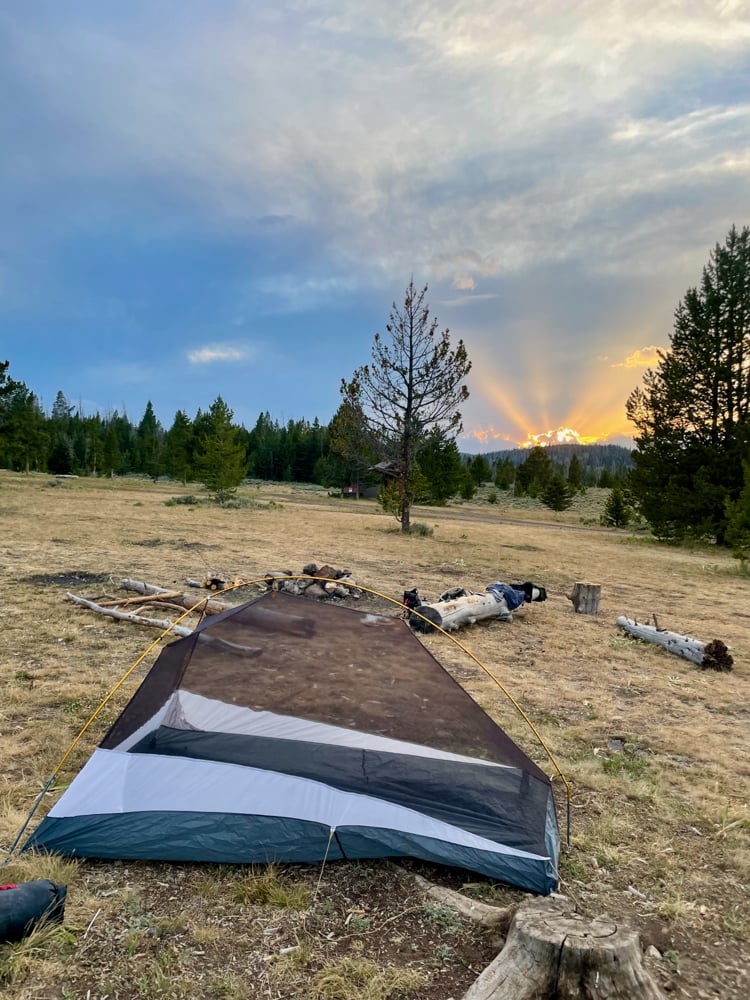
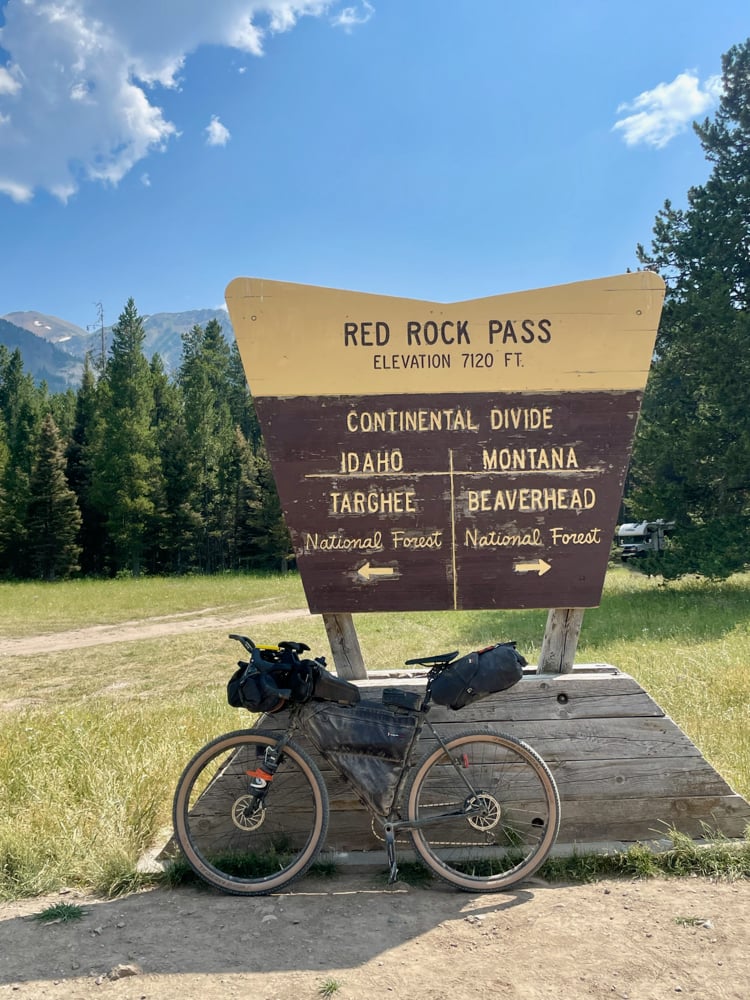
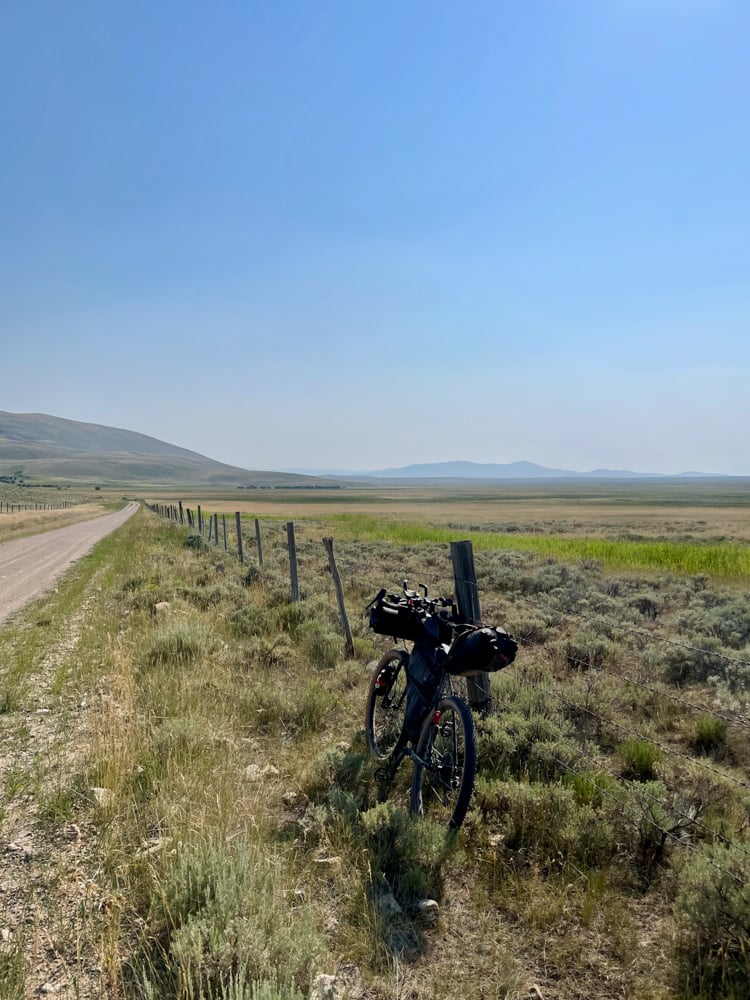
For my ride on the Great Divide Mountain Bike Route in 2024, I debated between a hardtail mountain bike and a fully rigid gravel bike. My goal was to cover around 100 miles daily, so I opted for the lighter gravel bike. Two days in, I regretted my choice—rough logging roads in British Columbia jarred my spine, causing a pinched nerve. While I pushed on, the relief I felt on smoother stretches couldn’t undo the discomfort, which lingered for the rest of the ride.
Gear Repairs
Beyond bike choice, knowing how to repair your bike is essential. If you’re unfamiliar with on-the-spot bike repairs, bikepacking will quickly teach you. Gear has a way of breaking down on the trail. Bolts rattle loose, bags wear holes, and your trusty drivetrain may act up. After snapping three spokes on a Colorado Trail descent, I now bring spares on every trip. Whether I can repair them myself or need a bike shop’s help, at least I’ll have the right parts. My repair kit always includes Gorilla tape, zip ties, and Voile straps—essential for quick fixes.
Batteries and Electronics
Electronics and charging gear also require careful planning. Similar to bike choice, the answer here is route-dependent. If you’re passing through towns daily, a high-powered wall charger and an external battery may suffice. However, for remote areas with minimal electricity access and consistent speeds over 10 mph, a bottle or hub dynamo might be more suitable. In my experience, solar chargers aren’t reliable for bikepacking. Also consider how many devices you’ll need to charge. Some trips may only require a phone, while others involve a GPS, camera, bike lights, headlamp, UV water purifier, and more.
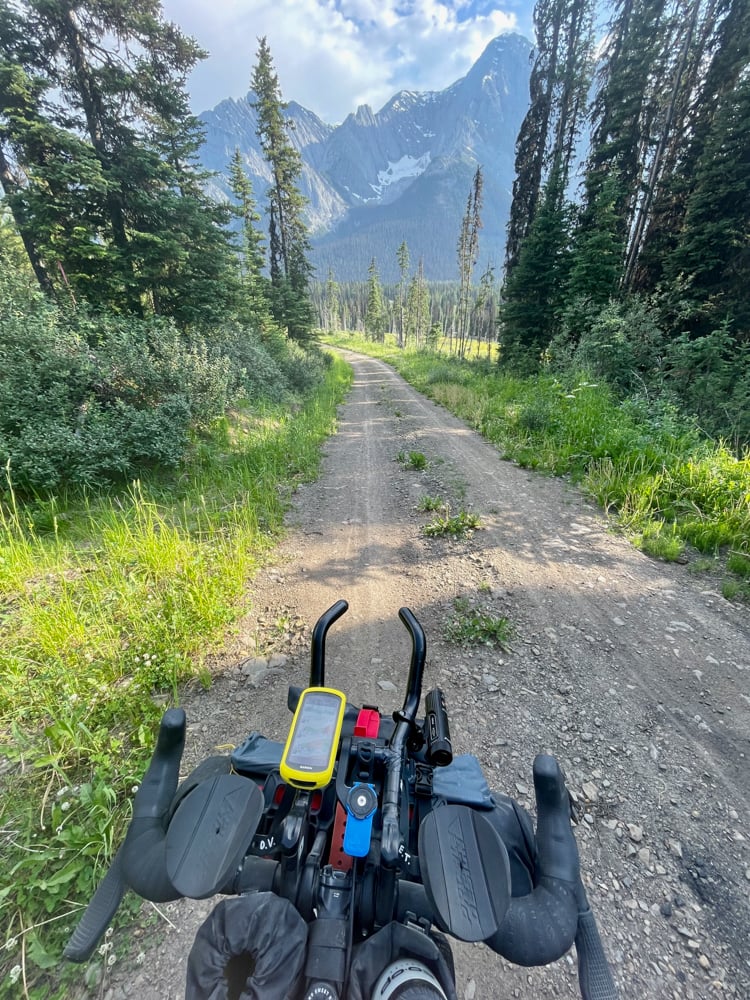
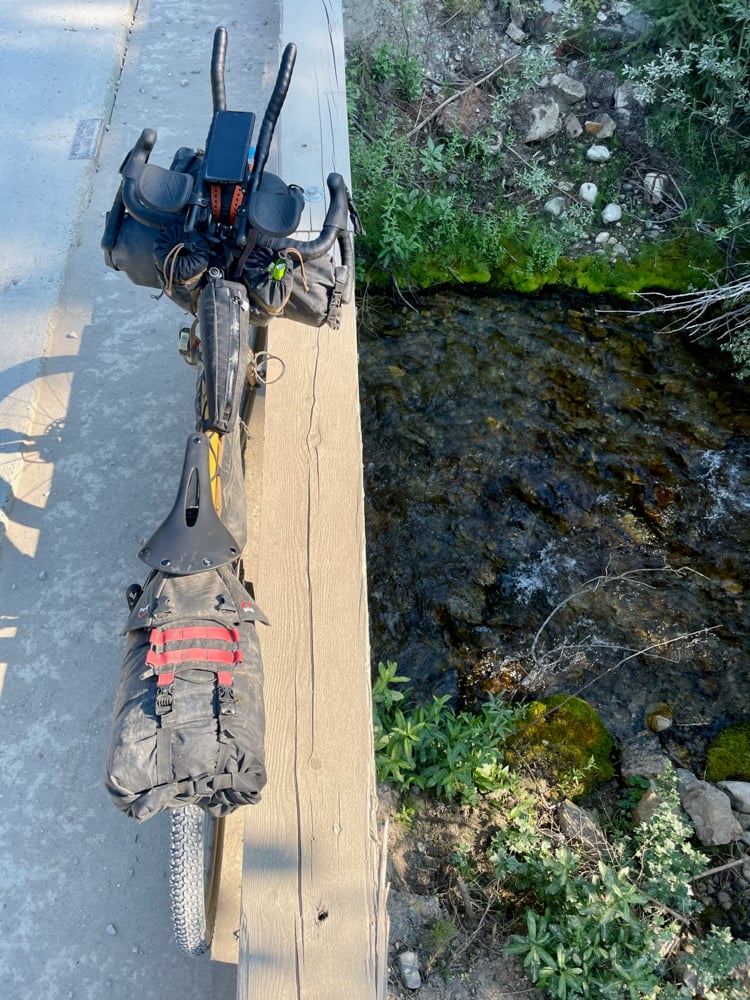
Water Purification
Water purification is another critical consideration, one that I’ve experimented with extensively. In my early 20s, I had a tolerance for unfiltered water after working in New Hampshire’s White Mountains with the Appalachian Mountain Club Trail Crew. But when I later tried this approach in Colorado, I paid for it—several rounds of antibiotics taught me that water sources vary, and caution is wise. Since then, I’ve tried bleach, ceramic filters, iodine crystals, gravity filters, and UV purification. My go-to is now the UV filter by Steripen; it’s quick, requires minimal effort, leaves no taste, and filters roughly 100 liters on a single charge.
One poor gear choice can completely alter the course of a trip. Gear failures can turn a casual ride into a demanding challenge, testing even the most prepared minds and demanding ingenuity to overcome. Modern gear manufacturers go to great lengths to build quality equipment to keep us comfortable, warm, and pushing forward. Finding the right setup for your specific needs is the ultimate key.
Ride on!
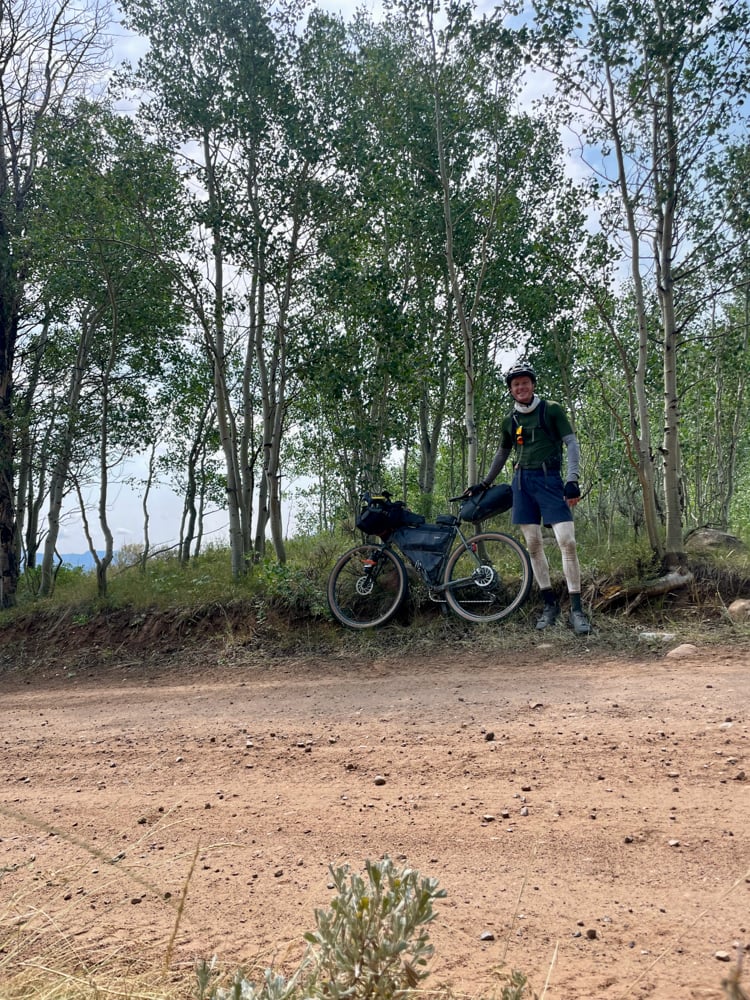
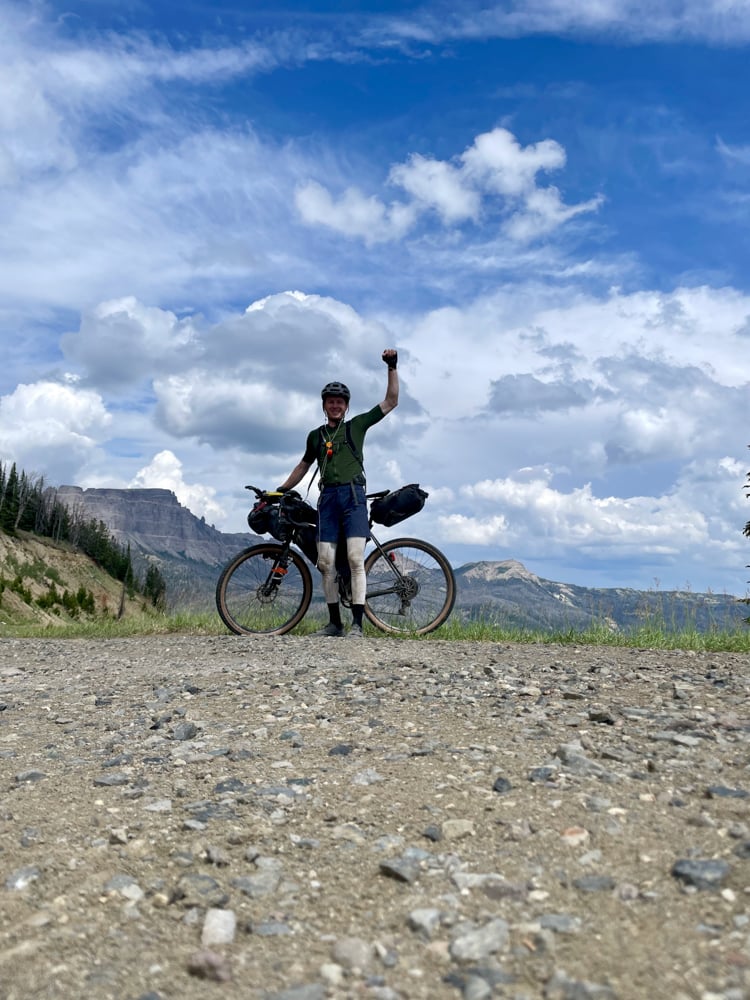
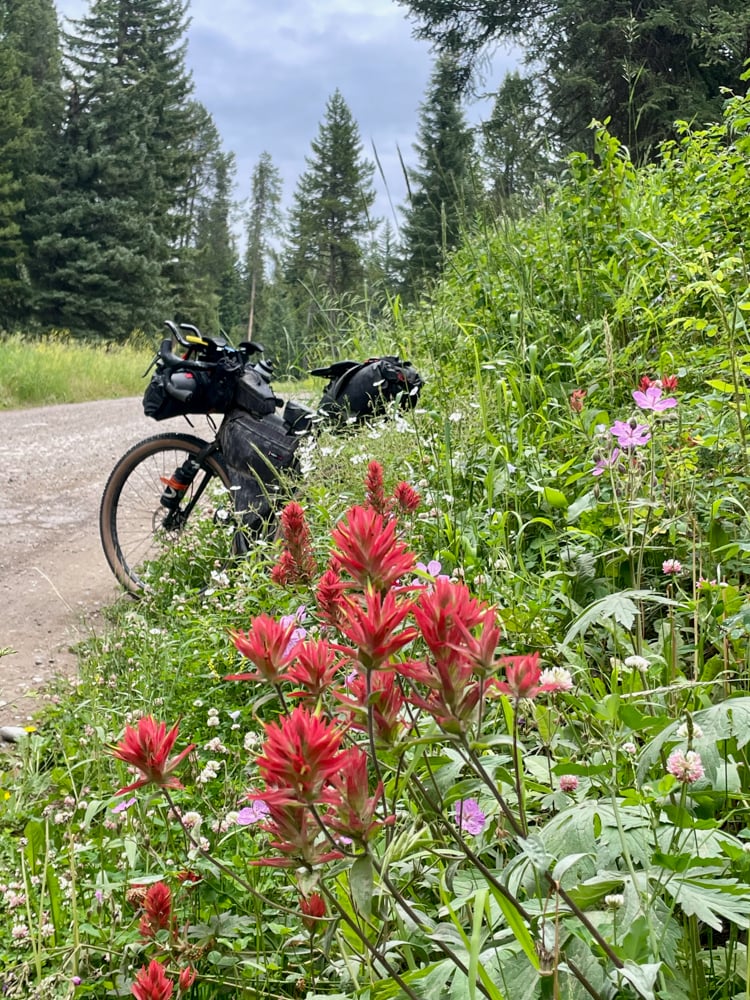
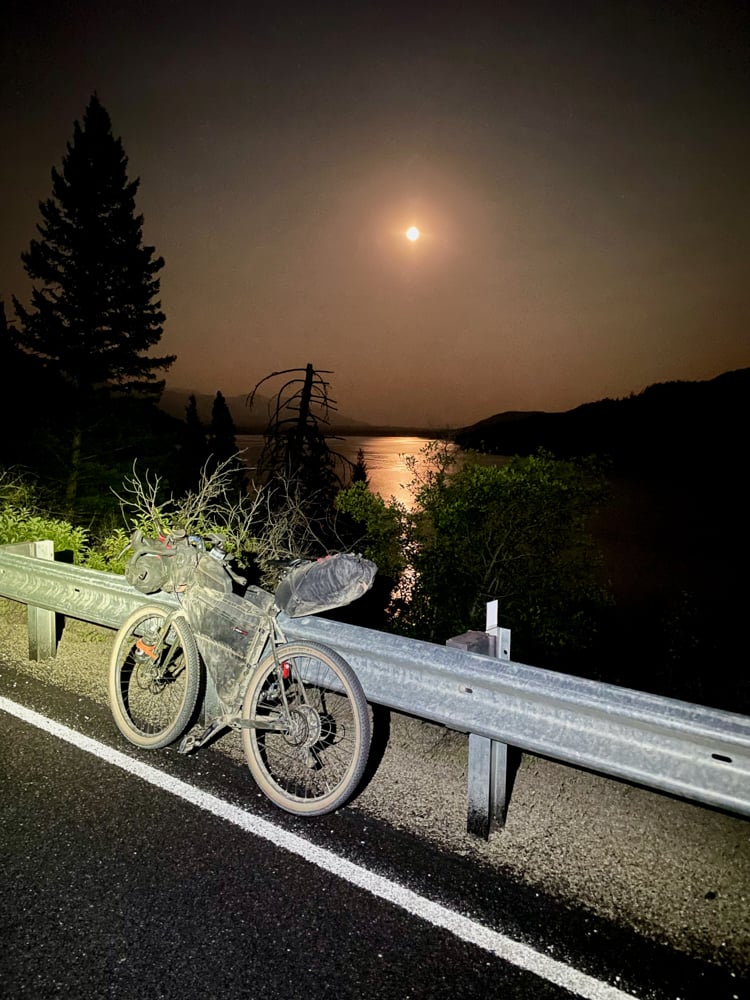
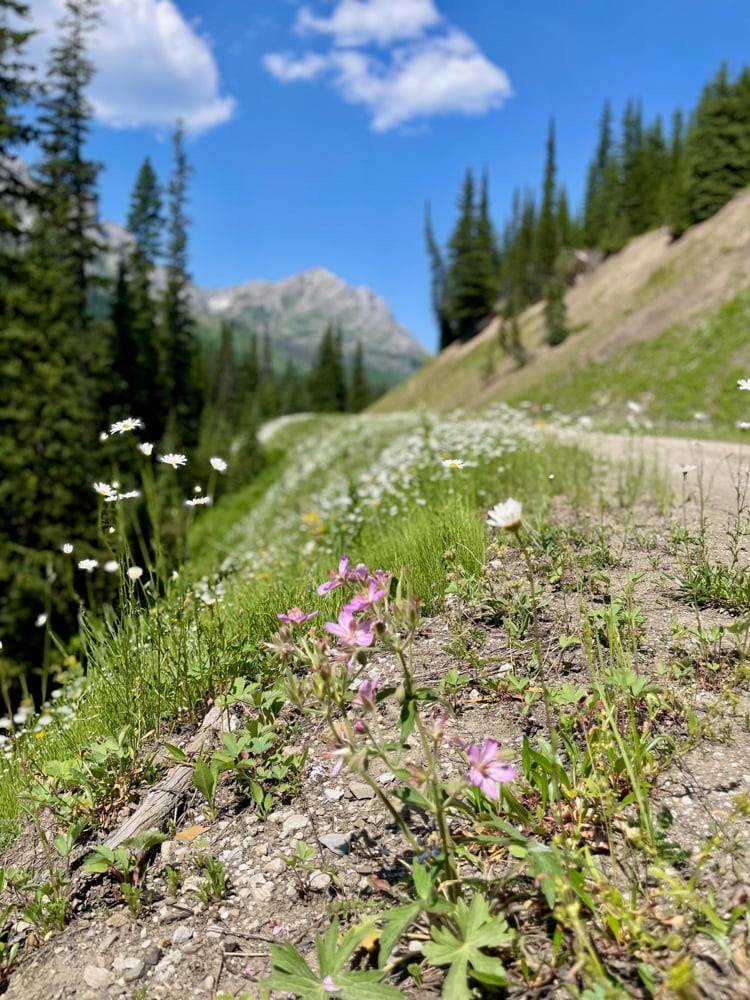
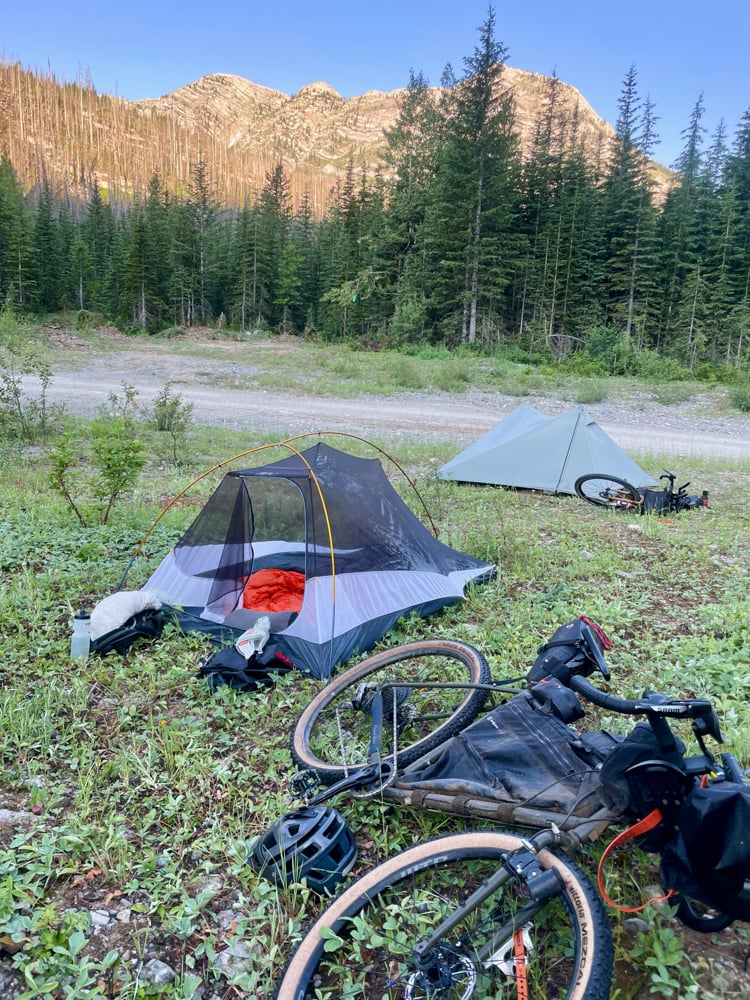
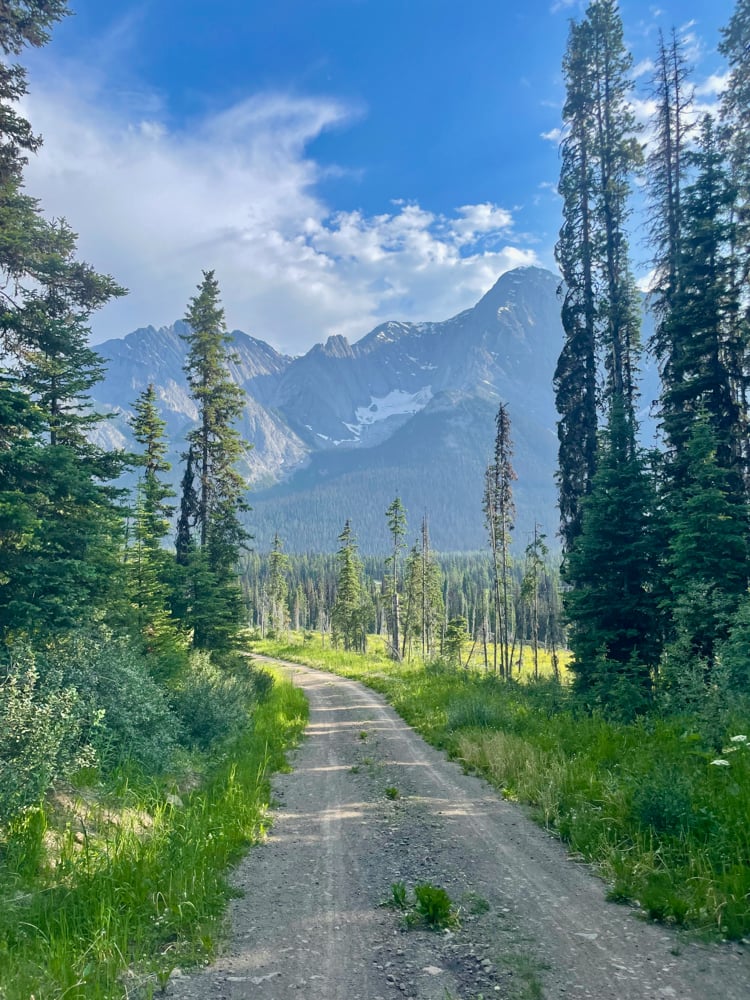
About the Gear Tester
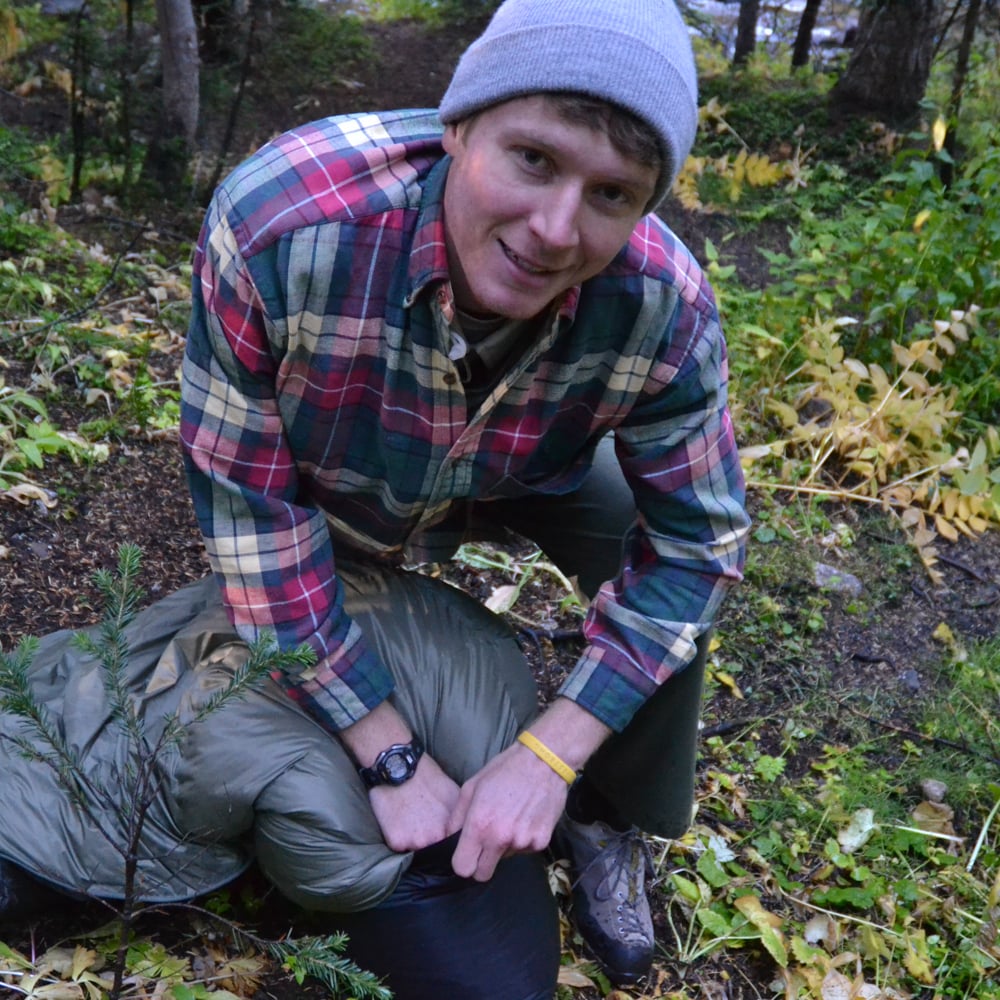
Sam Kilburn
Sam’s background is as a farmer, trail worker, ski patroller, and ice climbing guide in New England, but he currently works as a Park Ranger in Boulder County. When not at work, Sam enjoys backcountry skiing, mountain biking, woodworking, volunteering and reading a good non-fiction book. Someday down the road you’ll be able to find Sam in Vermont working in the garden and building his house in the woods.

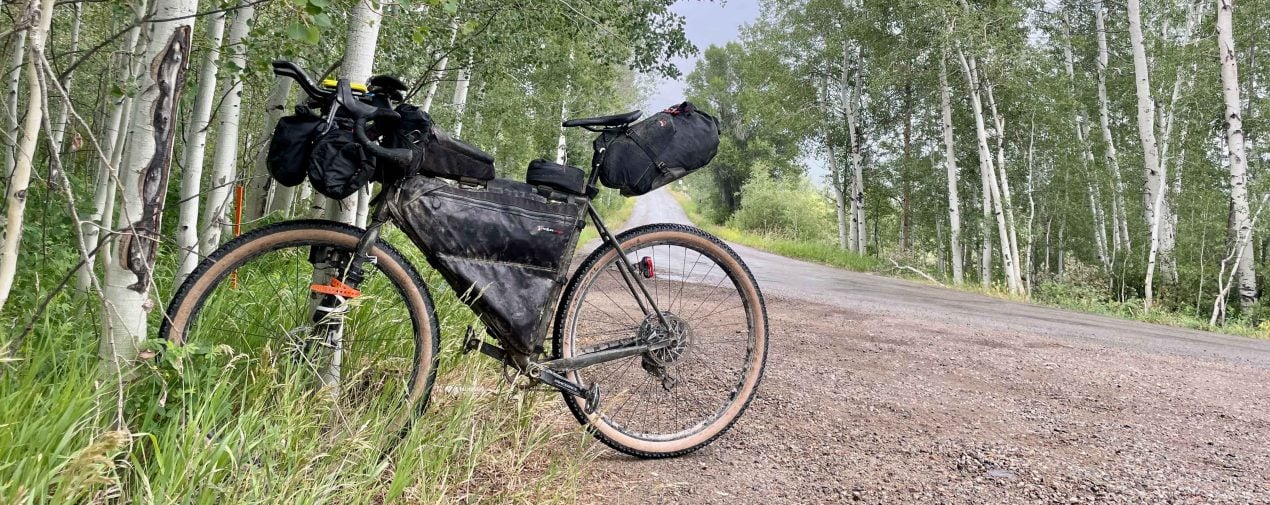
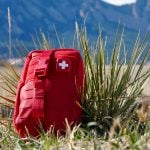
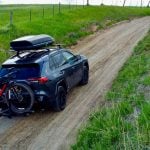

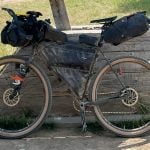
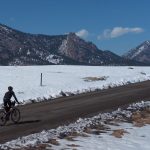
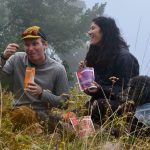
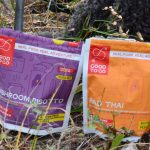
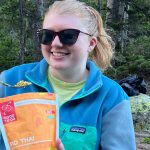
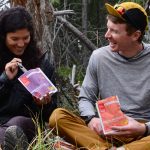
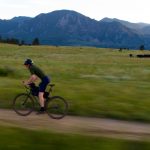
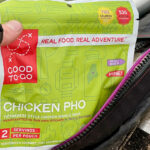
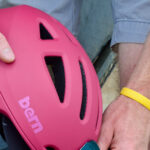
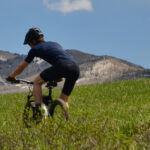
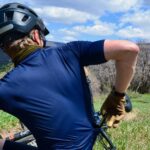
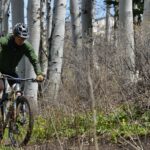
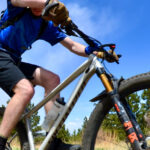
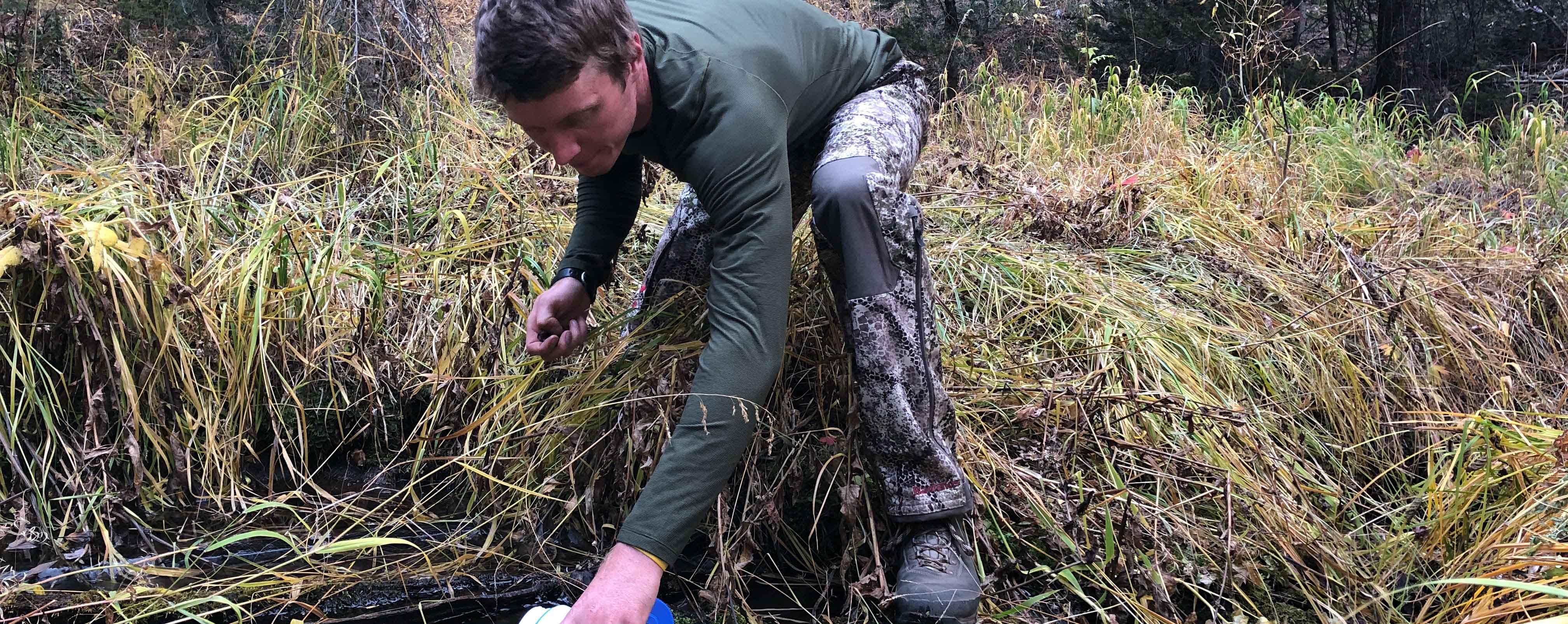
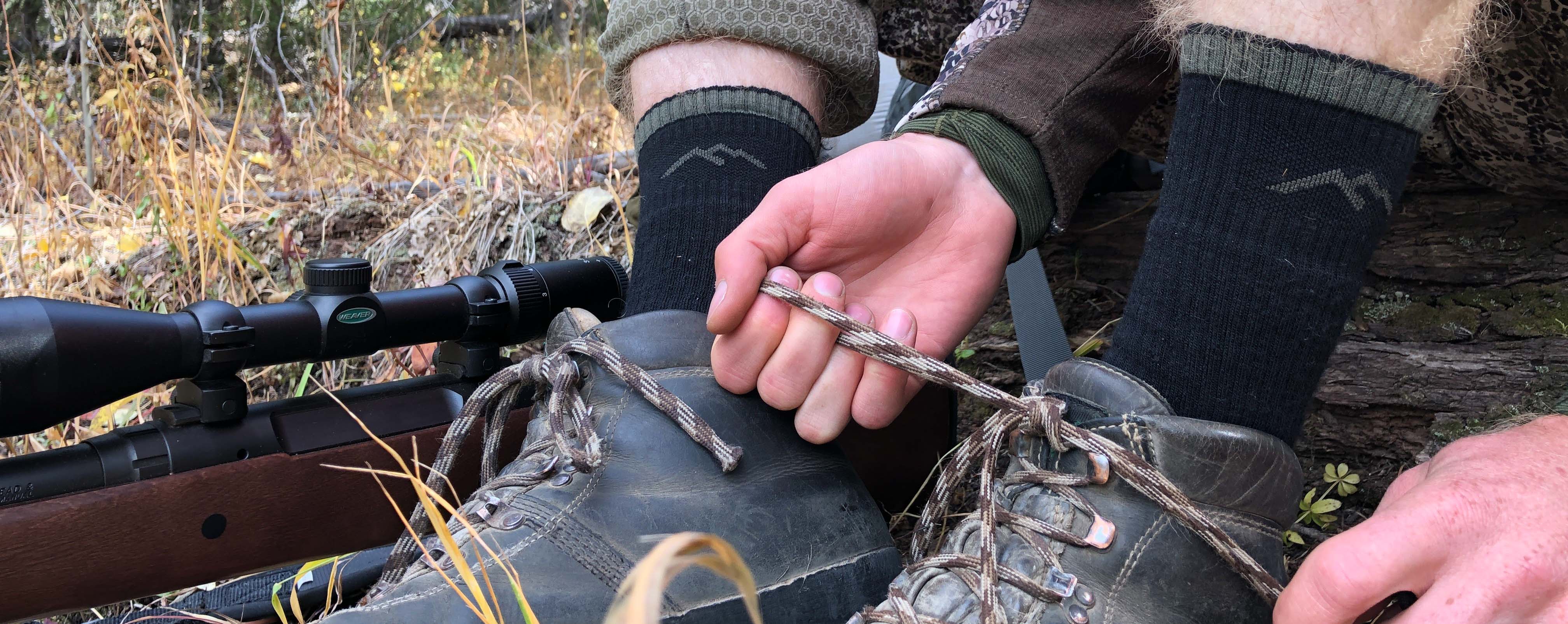
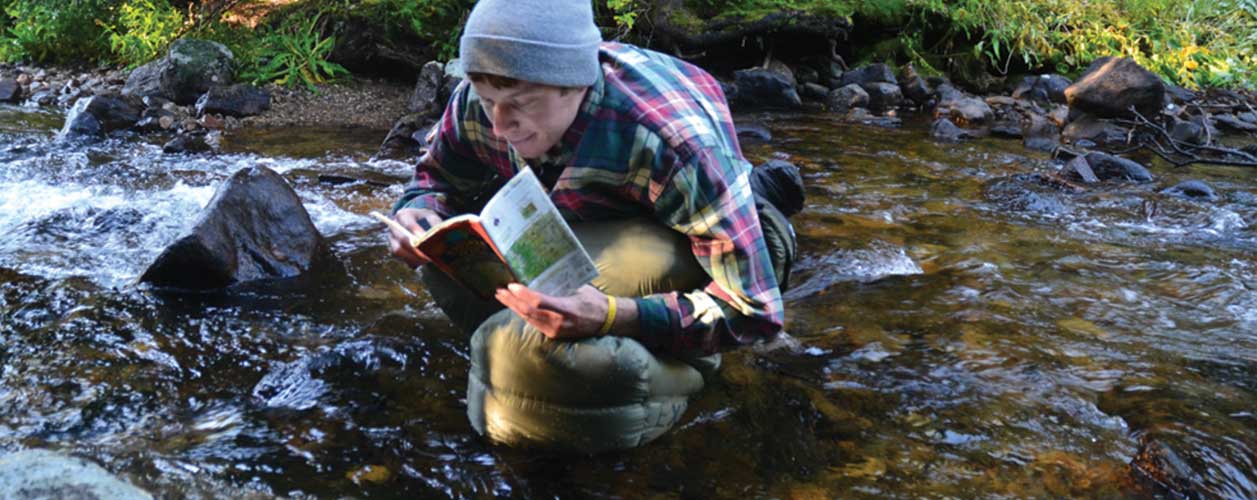
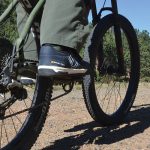
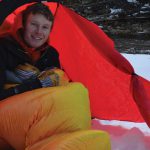
The link to the great divide odyssey is broken! We want to know more about what happened to this author!
Thanks for checking in Jeremy! Link is now working! You can check it out here: https://blog.outdoorprolink.com/my-great-divide-odyssey-the-places-people-and-gear-that-kept-me-riding/